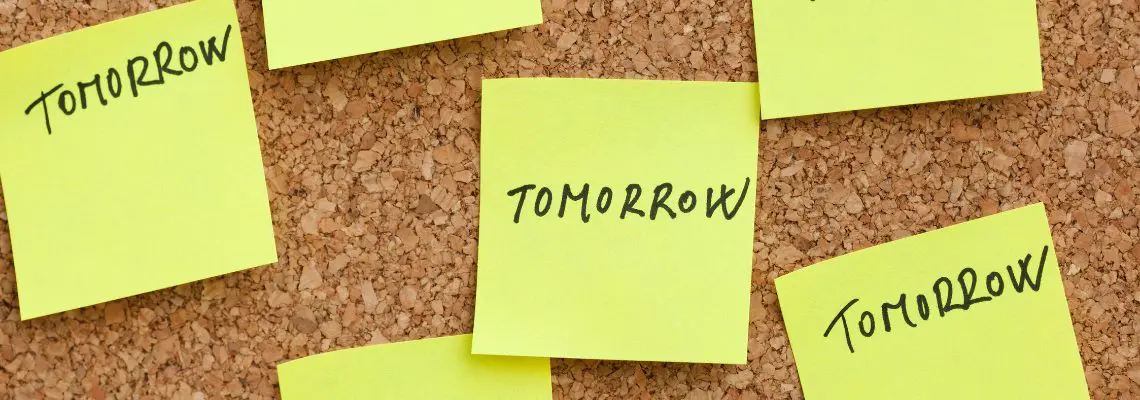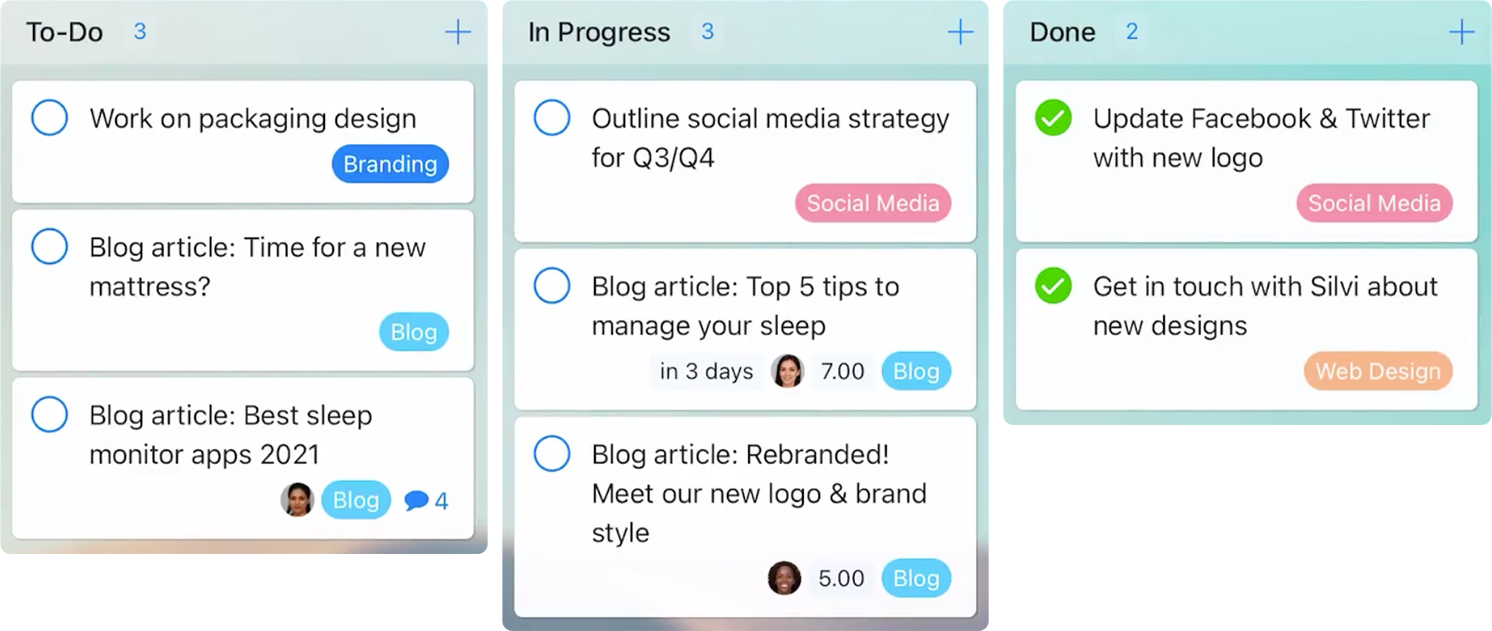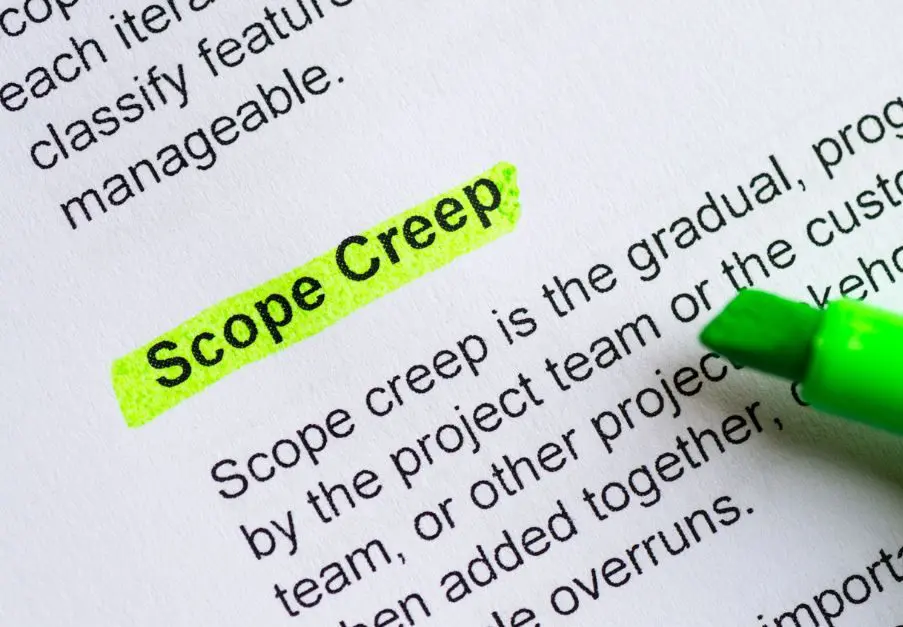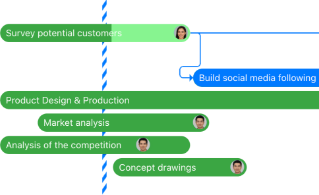
About halfway through writing this article, I was assigned another task which was to produce copy for an upcoming newsletter. On top of blog writing, I get assigned other writing tasks for Zenkit, so this added task wasn’t an anomaly.
The newsletter copy wasn’t urgent, and the amount of time I had until the deadline was more than reasonable, however, it appeared that I couldn’t quite shake the task out of my mind. So much so that I found myself struggling to finish this article because I couldn’t stop thinking about it.
What’s funny about this, and the reason why I decided to highlight it, is that the very concept I was writing about was the Zeigarnik effect.

What Is the Zeigarnik Effect?
The Zeigarnik effect is a psychological phenomenon established by its namesake, Soviet psychologist and psychiatrist, Bluma Zeigarnik, that suggests the tendency of remembering uncompleted tasks over completed tasks. In the 1920s, while observing waiters at a busy restaurant, Zeigarnik noticed that waiters were able to keep track of unpaid orders, even if they were complex, however, once orders were paid for, they could no longer recollect any details about them.
Fascinated by the observation, Zeigarnik thought to further this notion by conducting experiments in her lab. In one of them, she asked participants to complete a series of simple tasks, such as solving puzzles or putting together a flat-pack box. During the experiment, while in the middle of completing tasks, they were interrupted by the experiment supervisor. They were then instructed to continue with the remaining tasks which they completed undisturbed.
What she found was that participants were able to recall details of the tasks that were interrupted better than the ones that weren’t. Her findings supported her observation of the waiters with their orders, in which only when a goal had been met could it be freed from our minds.
Examples of When the Zeigarnik Effect Is Applied
The concept of interruption and its effects on memory processing isn’t only evident in the hospitality industry. There are other areas in modern culture where it is applied, such as:
- The cliffhanger endings in soap operas and serial television shows. Producers use this as a tactic because they’re aware of our desire to know what happens next (anyone who binge-watches shows on Netflix will know).
- Using an ellipse to replace a full stop in fields such as online marketing, advertising, and journalism. This is supposed to entice the reader or viewer into wanting to know more about the product or to read the article.
But Wait, Does the Task Have to be 100% Completed?
In 2006, mindful of Zeigarnik’s theory of our minds’ fixation with unfulfilled goals, Roy F. Baumeister and E.J. Masicampo did some research that added a new layer to the psychological phenomenon. After conducting several experiments, the results asserted that goals needn’t be completely fulfilled in order for them to disappear from our minds; that simply the act of plan-making can be enough to satisfy.
Baumeister and Masicampo found that, in one of their experiments, participants did worse on a brainstorming task when they weren’t allowed to finish a warm-up task. This was due to the fact that the uncompleted warm-up task was still on their minds. Later in the experiment, they then allowed participants to make plans on how they would complete the warm-up task—still not allowing them to finish it—and found that they then performed better with the brainstorming task.
How Can This Help in Everyday Life?
The intrusive thoughts illustrated by the Zeigarnik effect are something many of us experience—take my ordeal with the newsletter copy and this article for example. If we consider the research that has been done surrounding this, then perhaps we can get a better understanding of how it can help with productivity blockages such as procrastination.
When we procrastinate, we put things off, and the reason for this can be attributed to the fact that we tend to think about the more difficult aspects of the task or project at hand. Think about the times you avoid doing something and consider the reason behind it. It’s safe to say that it’s probably due to the seemingly insurmountable effort that needs to be done in order to get it off the ground.

Don't let project management be a headache.
Get started with our easy-to-use project management software for free today!
But if you take into account what Zeigarnik was saying, then it shouldn’t be too difficult to overcome. All you need to do is to just actually start with the task and that should get the ball rolling. This psychological concept is said to come into full effect when aligned with motivation. So if your task appears undesirable, find something enjoyable about it that could spur you into completing it. If that fails, then think of the consequences that will come about if it isn’t completed and uses that as motivation.

If you’re experiencing a lack of concentration due to disruptive thoughts. Then perhaps you can take a cue from Baumeister and Masicampo and create a plan for those pesky tasks that are consuming your mental energy. Once that’s done, it should free up space in your mind so that you can do other cognitive tasks.
Which is exactly what I did.
Once I realised that I couldn’t stop thinking about the things involved in the newsletter copy task, such as the campaign it will be included in and the artwork that will go with it, I put this article on pause and started drafting a plan for the newsletter. Once that was done, I resumed with this article and found myself typing away without any intrusive thoughts about newsletter copy. Yay!
How do you overcome procrastination and other productivity blockages? Let us know your thoughts (intrusive or not) in the comment section below.
Cheers,
Dinnie and the Zenkit Team





Leave a Reply